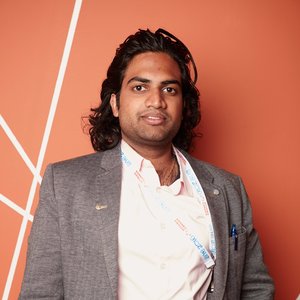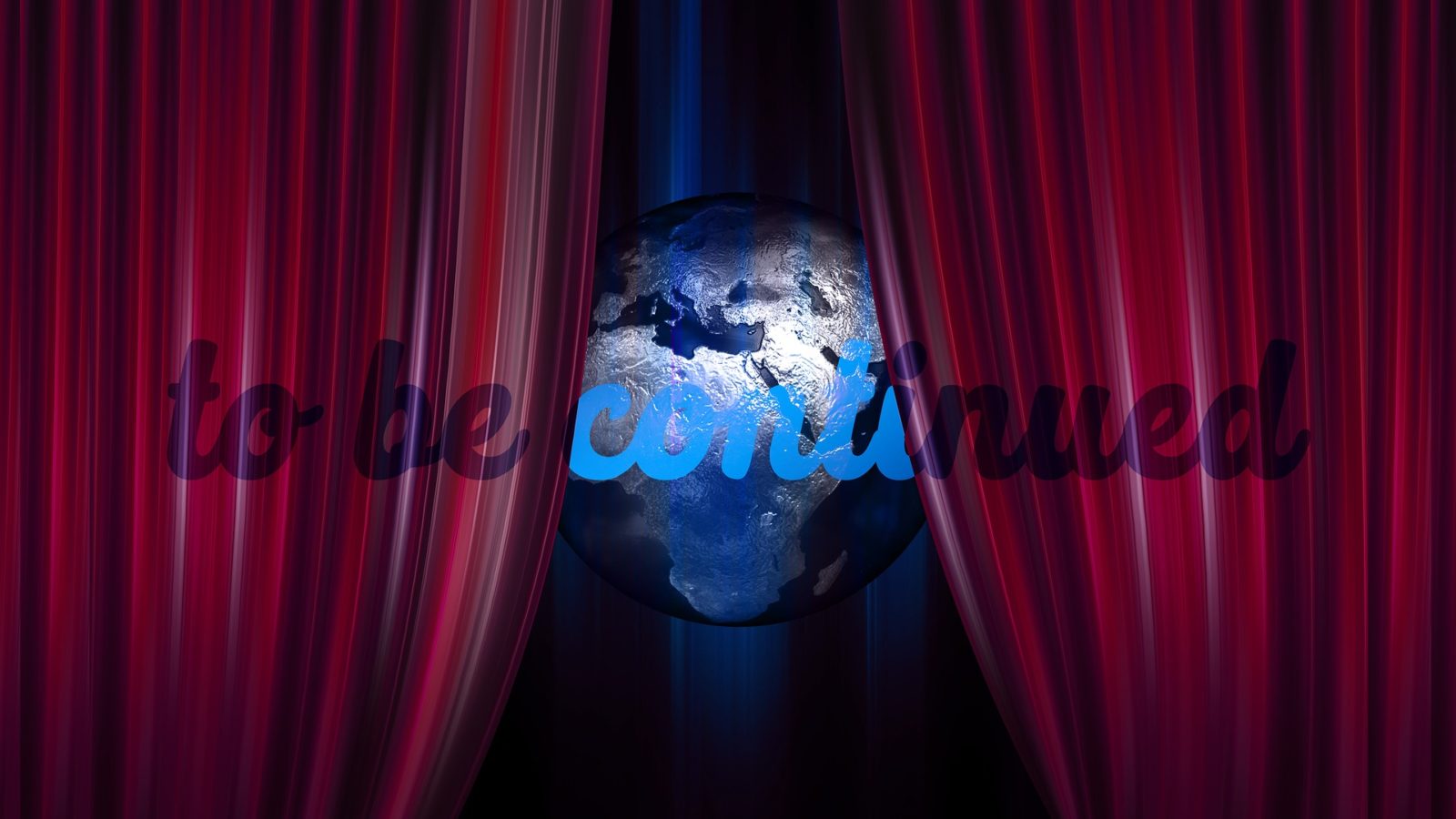Our world is closed for repairs.
We’ve been told to stay at home.
Our daily routines have been flipped upside down.
Our communities have been disrupted.
We wake up with uncertainty.
What does all this mean?
How do we care for ourselves?
How will we change?
I’m a psychiatrist, I’m a son, I’m a brother, I’m a friend, I’m an advocate. But for the past few weeks, my life has revolved between being in my apartment on Zoom calls and conference calls on how to bring medical supplies to hospitals and working shifts in the inpatient locked psychiatric hospital trying to explain the status quo on the outside to individuals who haven’t been out of the hospital in weeks and are receiving information from the cable news channels.
Among the long shifts in the hospital, endless conference calls, and imagining when I will see my family again, I lost track of my own meditation practise. Days into the social distancing and ‘safer at home’ guidelines imposed in California, I found myself repressing my true emotions. I had joined a stellar team of individuals to launch FTheVirus.org, the largest global campaign to end Coronavirus and provide essential medical supplies to hospitals. I continued to run my NGO, coordinating efforts to provide psychosocial support for those across India and the US. I was seeing patients in the psychiatric wards. I was doing everything I could to do my part as a Psychiatrist and Social Entrepreneur, right?
Wrong.
I had kept in touch with some close friends. I received calls from others that were more distant. I received WhatsApp messages and Instagram DMs checking in on me and asking how they could help. BUT, until the lockdown was imposed in India, the true meaning of the pandemic on social structure didn’t hit me.
My parents were in India. My father, I only saw him for two days in 2019, due both of our work and travel schedules. India was on lockdown, a smart move by the government, but this meant flights were grounded. When would I see them again? Will they be safe there? My brother and pregnant sister-in-law are in Colorado. Among this uncertain moment and fear, they assured me, things will be all right. I had something special to look forward to this coming summer, a nephew. One of my best friends even got married during all of this and we had an intimate ceremony. There were these special moments of love and hope, but taking a step back, I still have on my mind the thought of when this will all end and when can I embrace my family and never let them go.
Imagine the world pre-COVID-19. The App Store was loaded with dating apps, all essentially doing the same thing, allowing you to swipe based off looks and location. Instagram was full of photoshopped and filtered images of the lives that people wanted to present to the world. The value on community, relationships, and family were different.
To generalise, we could say there were layers of superficiality in many communities and there were many transactional relationships. So, let’s take a moment now to thank COVID-19. Not for what it is doing to many of our neighbours and loved ones. But, for the one thing it is doing right for us. It is causing us to stay at home, to be with ourselves, to be with the loved we can be with, to pause, to let the Earth repair itself, and to think about what and who we value in our lives.
I’ve never seen the skies of Los Angeles so crisp and clear. I’ve never commuted to work so quickly. I’ve never seen cities so clean. I’ve never seen so many birds soaring freely above us and chirping away all day.
What will we learn from our time in isolation? What lessons will we take with us? Will we approach our relationships with friends, family, and our partners differently? Will we change the criteria and methods we use to find a partner? How will we treat the Earth that we are leasing as humans? How will we treat our bodies and our minds?
For the most part I HATE you COVID-19, but you’ve done one thing right. You’ve made me pause and reflect on my values and my deep love for family, friends, and community. You’ve highlighted what is important to me at the end of the day. For that I thank you.


